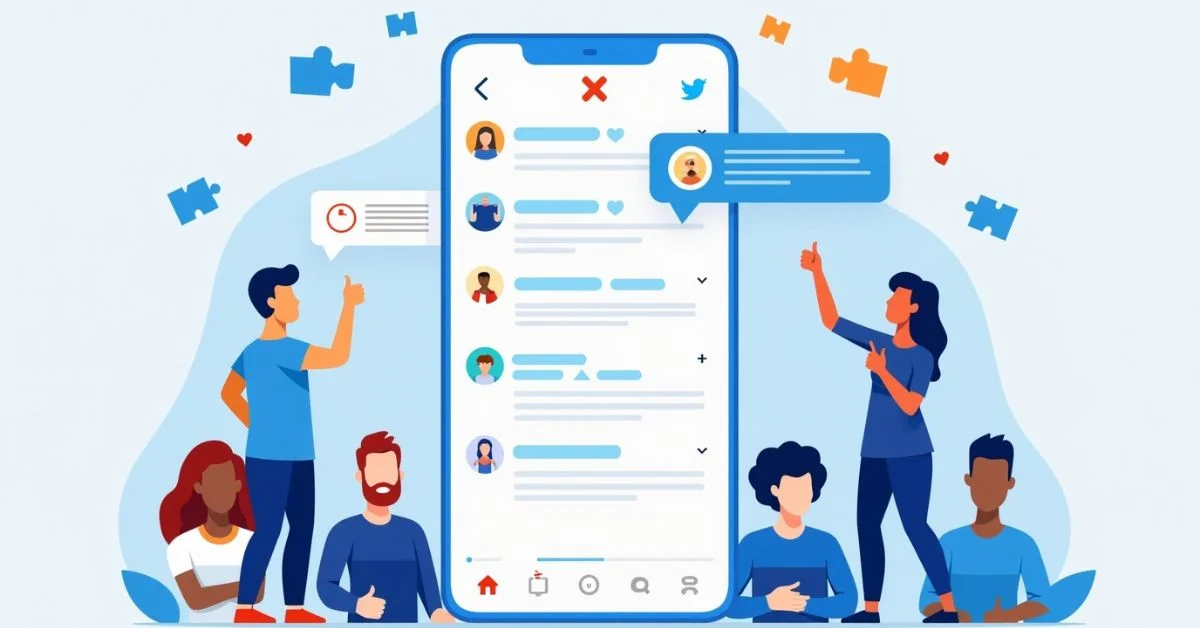Google is exploring a new way to build apps without traditional coding. Its latest tool, called Opal, allows users to create lightweight, AI-powered web applications by simply typing instructions in natural language. Opal is now available in public beta for U.S. users through Google Labs.
Instead of writing code, users describe what they want the app to do. Opal then turns that into a visual flow showing how the input, AI processing, and output connect step by step. It’s a simplified, creative tool that lowers the barrier to software development, especially for people with little or no technical background.
Opal begins with a user prompt, for example, “create a tool to summarize blog posts.” It then builds a visual flow of blocks: one for user input, another for how AI should handle the request, and one for the final output.
Each part of the flow is editable. You can tweak prompts, add new steps, or choose tools from a side menu. Once finished, the app can be shared via a link, and anyone with a Google account can try it out. This approach emphasizes quick, improvisational creativity, making Opal ideal for brainstorming or creating simple tools on the fly.
Currently, Opal is in experimental testing and limited to U.S. users. Google may expand access based on user feedback. Its success could shape future no-code tools, especially those centered around AI interaction.
Developers and creators are watching closely to see how Opal compares with established options like Figma AI, Canva apps, or AI Studio.
Summary Table:
|
Feature |
Description |
| Tool Name | Opal |
| Status | U.S. Public Beta via Google Labs |
| Function | AI-based no-code app builder using visual flows |
| Key Input Method | Natural language prompts |
| Shareability | Google Account Required to Publish or Remix Apps |
| Target Audience | Non-coders, creatives, quick-prototype developers |



